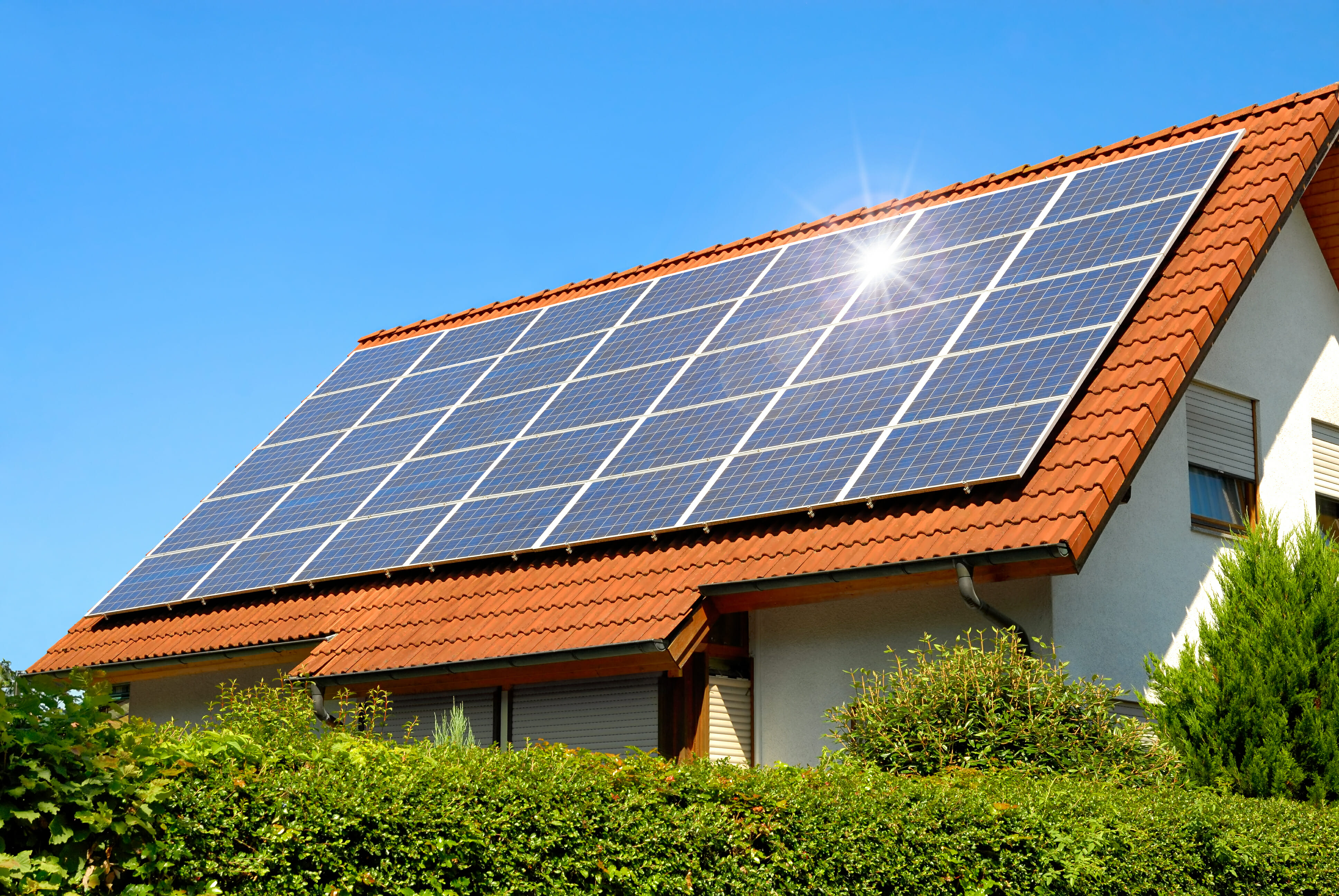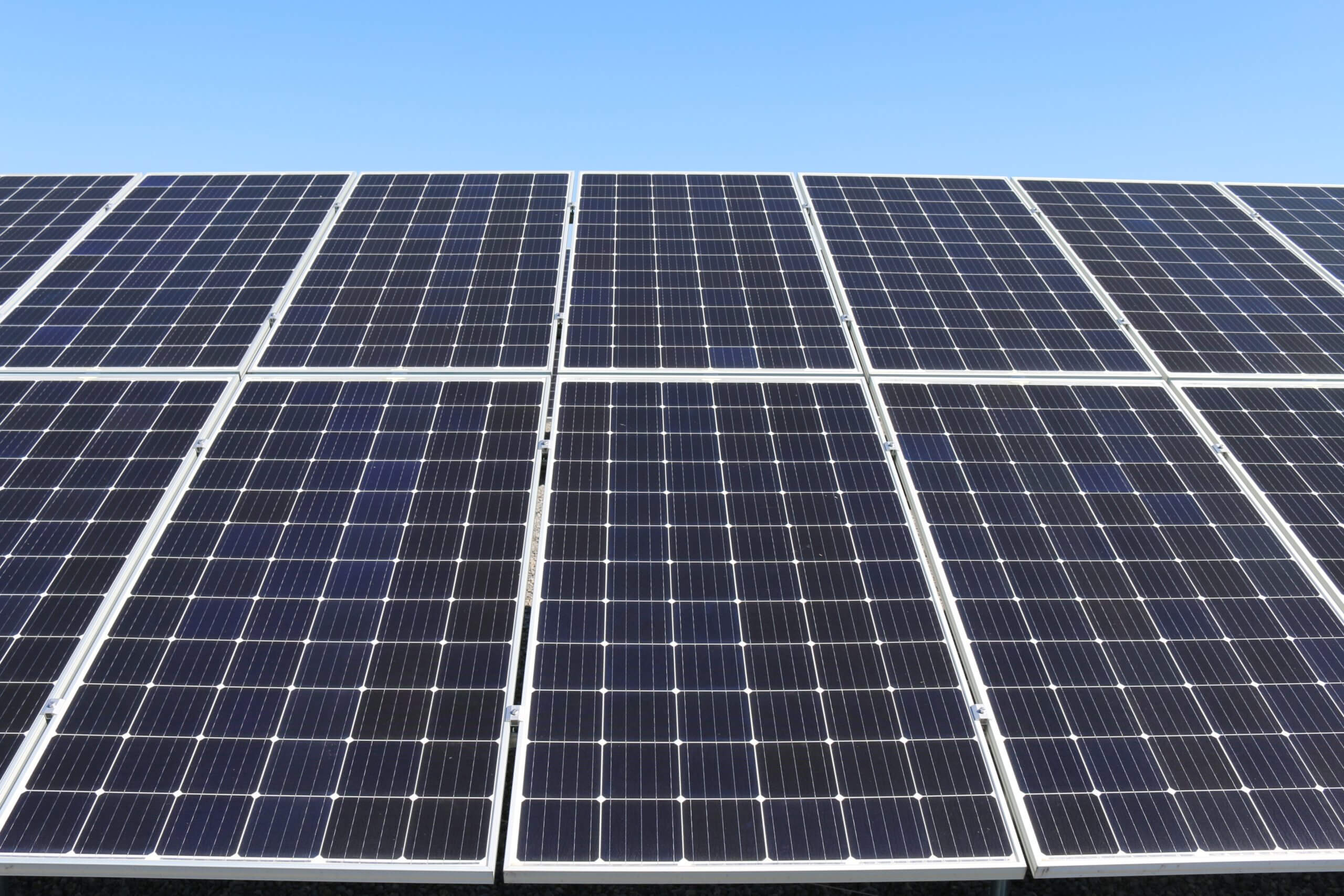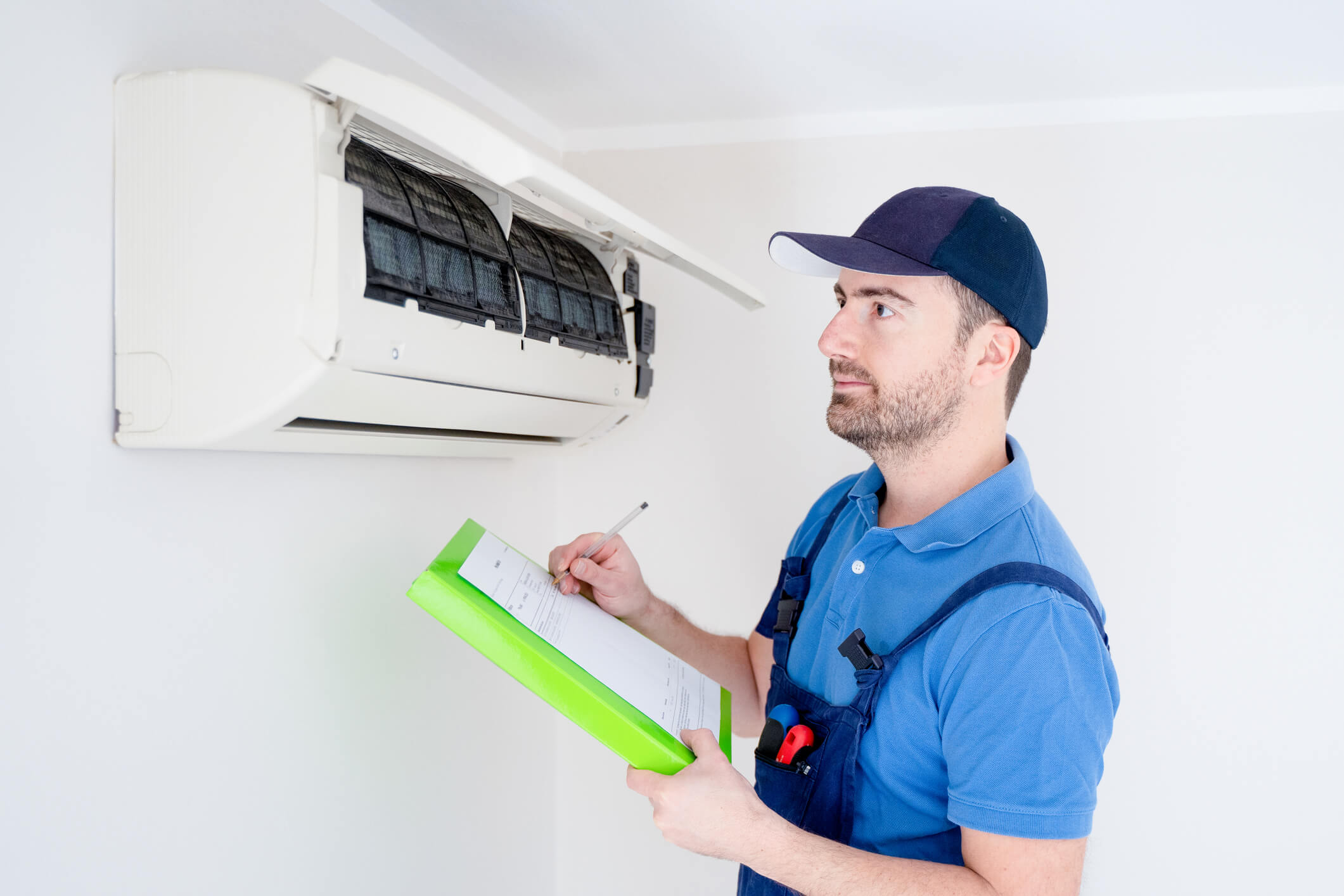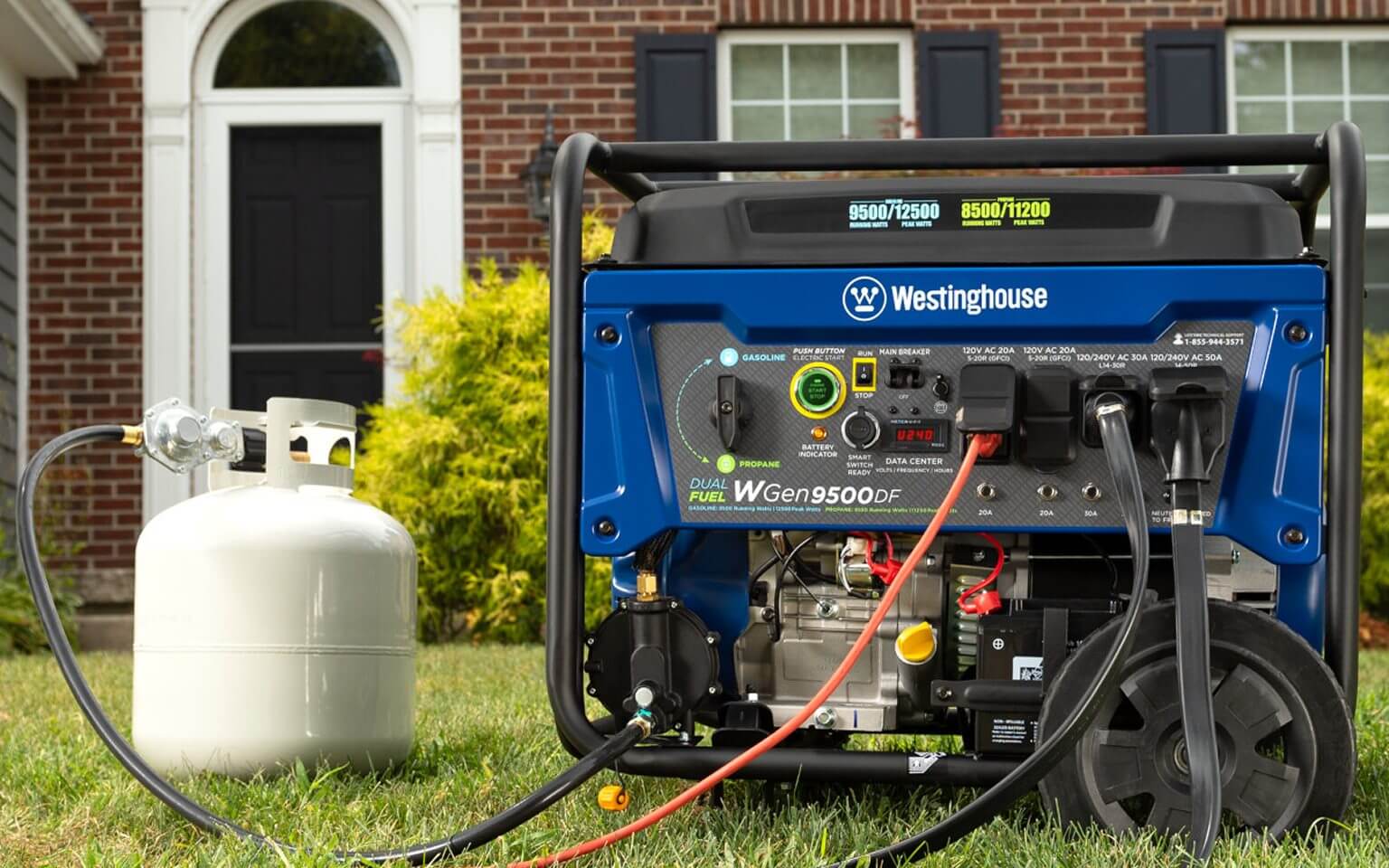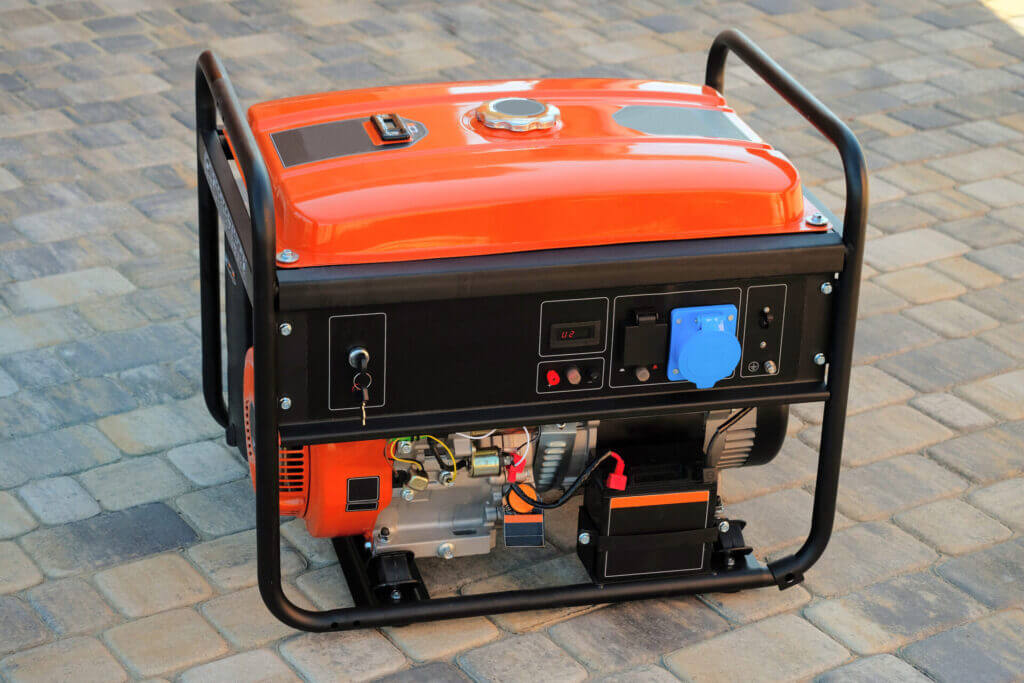Are you doing a solar project?
Modernize can pair you with three to four pros in your area, so you can compare options and save time and money.
There are dozens of reasons why installing residential solar panels is a great idea. Perhaps the most popular is it will save you money on your electricity bill. In fact, the allure of solar panels for most homeowners is that over their lifespan, they will pay for themselves. To do that, most homeowners will need to look into 300-watt solar panels. But why is that the best size for most homes? And how much will it cost?
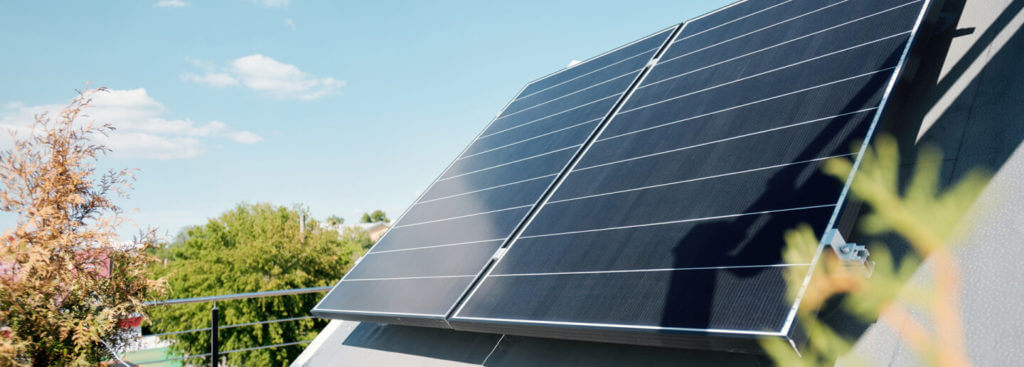
Well, typically, the price of solar panels is calculated in the terms of something called “cost per watt.” Cost per watt is the metric that measures how much a solar panel system’s complete installation will cost based on the system’s capacity.
The cost per watt will vary depending on the type of solar panels you opt for. A solar panel’s wattage typically ranges from between 100 to 500 watts.
Here’s what you need to know about each.
What’s the Difference Between Different Wattage Solar Panels?
Solar panels came in a variety different wattages, not all of which are suitable for homes. Here’s what to know about 100-, 200-, 300-, 400-, and 500-watt panels.
100-Watt Solar Panel
These are typically portable solar panels and do not power homes. However, a single 100-watt solar panel can power a handful of smaller electronic devices, such as a laptop or a WiFi router.
200-Watt Solar Panel
These are used to power slightly larger things, like RVs, but are still unlikely to be found on a home. 200-watt solar panels can be portable, so they are popular for things like days out on a boat or camping trips to power any electronics you bring.
300-Watt Solar Panel
The 300-watt solar panels are the most common type of solar panels used on homes. Depending on the number of panels a resident intends to have, 300-watt solar panels may be better applied to a tiny home or cabin. A single 300-watt solar panel can reasonably run a number of appliances and smaller electronic devices including lights, sound systems, televisions and laptops. Prices range, but 300-watt solar panels usually start at about $500.
Find the Right Contractor for Your Solar Project
Whether you’re ready to begin your project now or need some expert advice, our network of contractors are here to help. With a few simple questions, we’ll find the best local professionals for you
400-Watt Solar Panel
These larger wattage solar panels are appropriate both in residential and commercial formats. But because of their higher price range — about 10 percent higher than their lower-wattage counterparts — they are somewhat uncommon in home settings.
Still, they are very powerful and may be ideal for homeowners that use more than an average amount of electricity and are looking to reduce electricity costs. Using five 400-watt solar panels would produce an estimated 3,000 kilowatts hours of electricity.
500-Watt Solar Panel
These extremely powerful solar panels are not appropriate for the average residential home. That’s due to their large size and lack of practicality for home applications. These panels are only suitable for industrial uses to-date.
What is the Average Cost of a Solar Panel?
The cost of a solar panel will range depending on factors including its size and the manufacturer you opt to go with. But according to the Center for Sustainable Energy, the average cost for a solar panel is between $3 and $5 per watt. That math adds up to about $15,000 to $20,000 for an average 5 kilowatt system.
Of course, there are several variables that can impact this cost. Modernize always recommends speaking with a solar energy expert and using resources like our Solar Panel Cost Calculator to help estimate your potential expenses.
Which Solar Panel is Right for My Home?
There are a number of factors to consider when deciding on what solar panels are the best fit for your home. With a massive range of manufacturers, styles and sizes, the choice can be daunting.
In reality, it boils down to several factors:
- Figuring out the type of panel you want (monocrystalline, polycrystalline or thin-film)
- Considering which type of panel is in your budget
- Comparing panels’ temperature tolerance in reference to your region’s climate
- The type of efficiency you’re looking for (meaning, do you want solar to power all your home’s utilities or just some of them?)
- The panels’ size
Luckily, the decision is not entirely on your shoulders. Use our contractor checklist to make sure you can consult with the best solar installer for the job.
Find the Right Contractor for Your Solar Project
Whether you’re ready to begin your project now or need some expert advice, our network of contractors are here to help. With a few simple questions, we’ll find the best local professionals for you
Reviews from Real Homeowners
Welcome to Homeowner Resources! We are the Modernize blog. Modernize pairs more than 3 million homeowners a year with pre-vetted contractors in their area. This blog started because we believe homeowners should know everything about their homes, from how their HVAC works to which front door colors they might love. On Homeowner Resources, you can find information on every part of your home, right down to how you can negotiate with contractors to get the best price. Here's more about the blog.
Need a contractor? Learn more about how Modernize finds the right pro for you.
